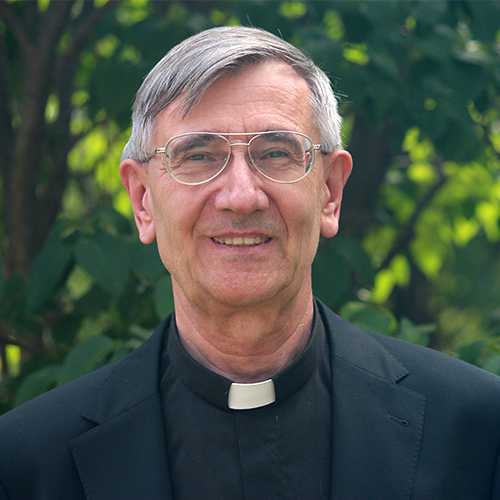Rev. Emery A. de Gaál*

V.D., Dipl. Theol. University of Munich (Röm 3,21-31 als paulinischer Austrag des bereits als Traditionsgut vorgefundenen Rechtfertigungsgedankens); Ph.D. in Systematic Theology, Duquesne University. Associate Pastor, Instructor, Member of Catholic-Protestant Ecumenical Dialogue in Nuremberg, Germany, Author of The Art of Equanimity: A Study on the Theological Hermeneutics of Saint Anselm of Canterbury and The Theology of Pope Benedict XVI – The Christocentric Shift. Contributes articles and book reviews to a number of academic journals. Member of the American Academy of Religion, American Benedictine Academy, Catholic Theological Society of America, Medieval Academy of America, Société Internationale des Mediévistes, and The International Mariological Society.
